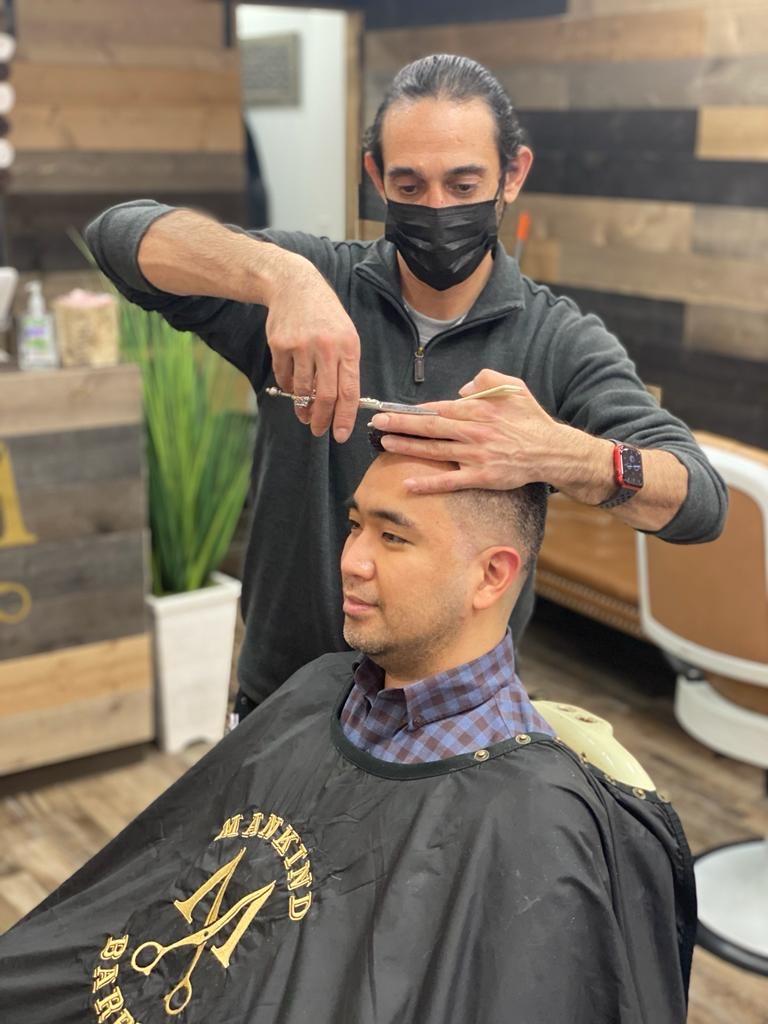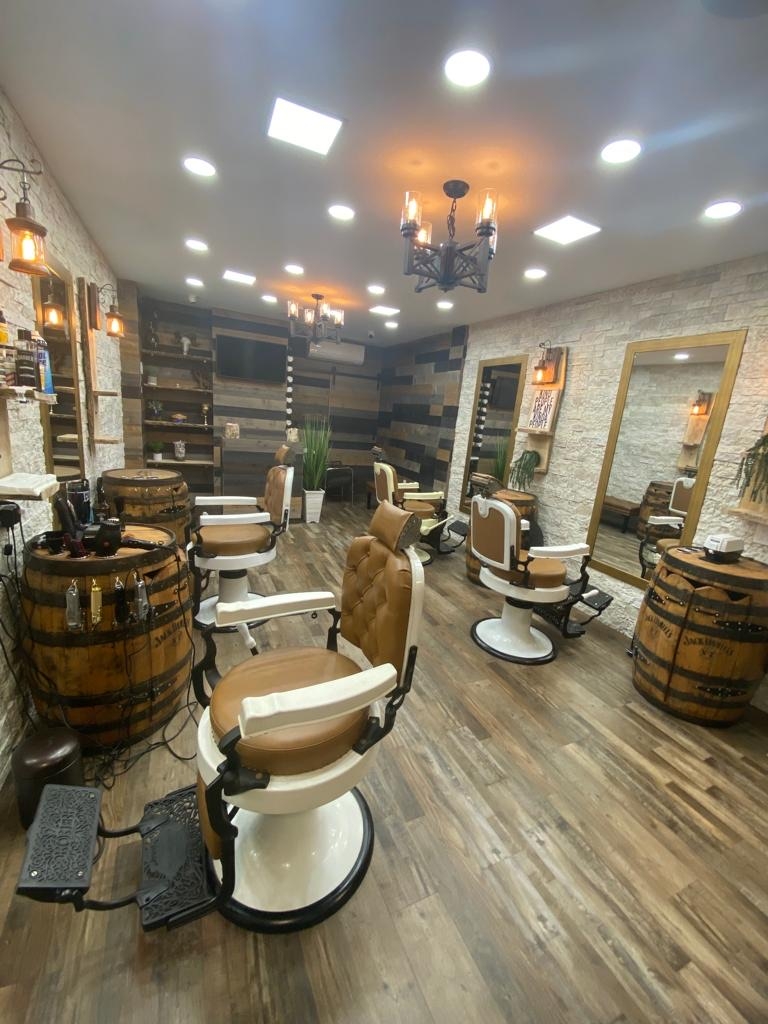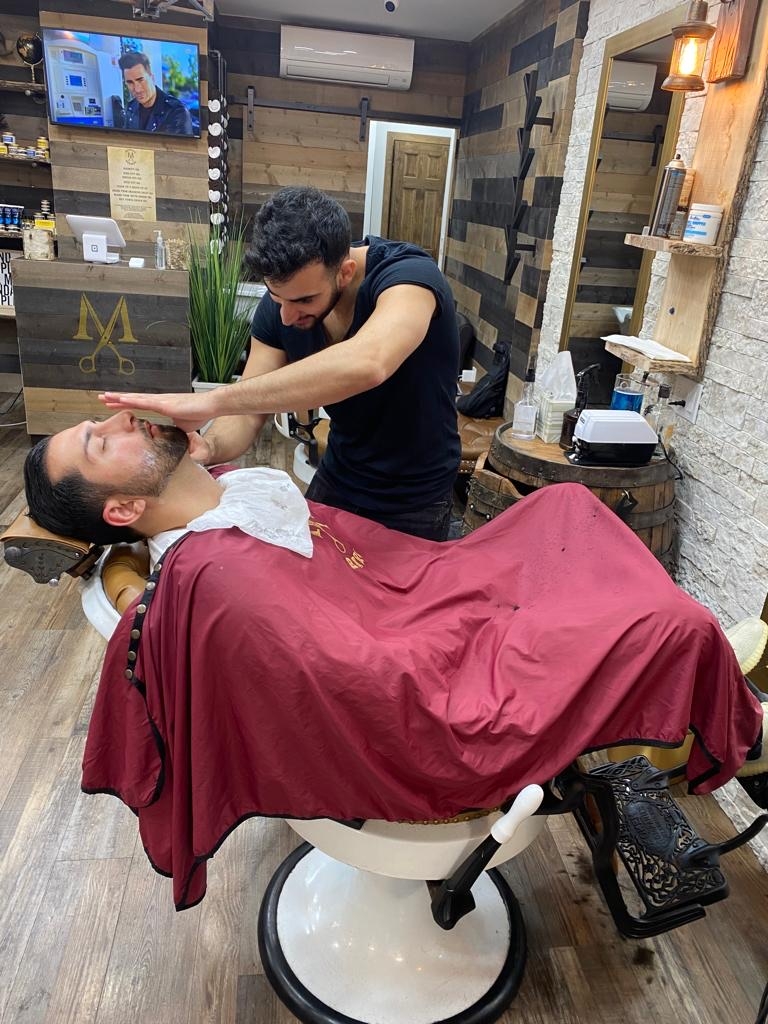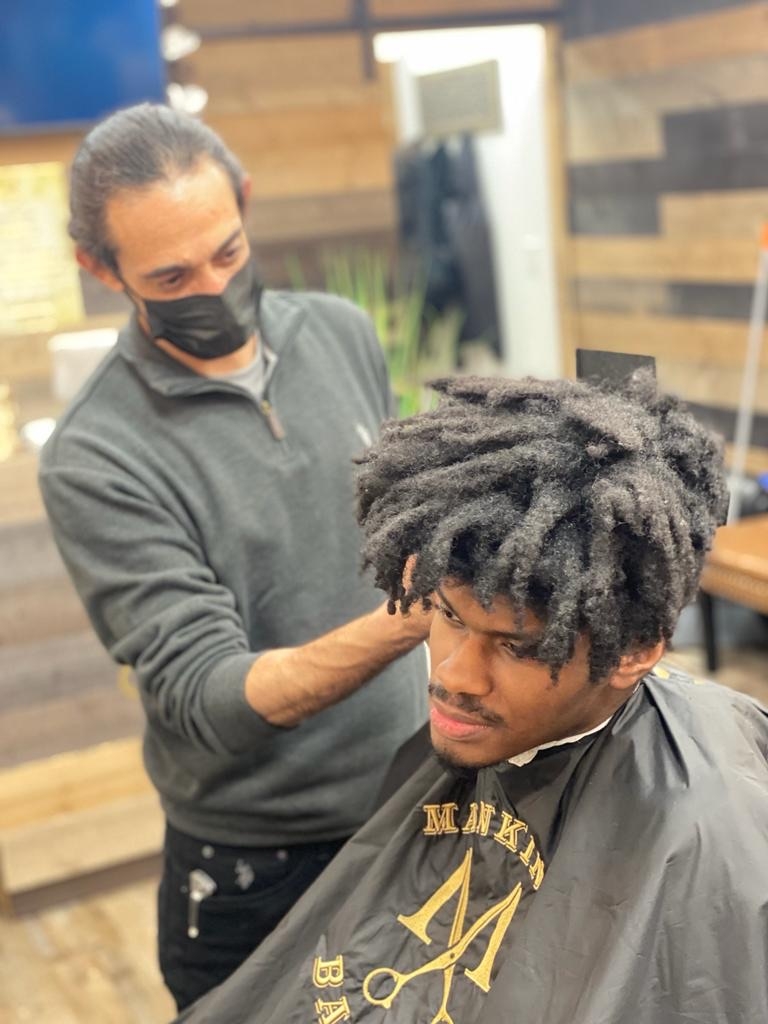Beard Dandruff Remedies
How can someone effectively treat beard dandruff using natural remedies?
To effectively treat beard dandruff using natural remedies, individuals can try applying coconut oil or tea tree oil to their beard. These oils have antimicrobial and moisturizing properties that can help soothe the skin and reduce flakiness. Additionally, using aloe vera gel or apple cider vinegar as a natural toner can also help balance the skin's pH levels and prevent dandruff from forming.



